BSc (Hons) - Children's Nursing
The NHS Learning Support Fund, offering at least £5,000 per year, is available to eligible students. Click here for information and details of eligibility.
Would you like to make a significant difference to the lives of children, young people and their families? Kickstart a rewarding career as a children’s nurse registered with the Nursing and Midwifery Council on our Children’s Nursing degree.
This programme strikes a perfect balance between theory and practice, with half of your time spent on placement and half of your time learning on campus. Our experienced academic team will deliver theoretical teaching rooted in the latest evidence and research and informed by the narratives of families and children. Alongside this, our expert tutors will support you personally to ensure you reach your full potential throughout your degree.
You will boost your skills and confidence in safe and supportive learning environments using our on-campus clinical skills and simulation facilities. These include our simulated ward areas, high-dependency care areas, home spaces, and our cutting-edge immersive simulation room.
This learning will be complemented by clinical placements in a wide range of settings such as inpatient, community, private and voluntary sectors. Our unique campus locations mean you will gain experience working with diverse patient groups in both rural and city areas. We have excellent links with local NHS Trusts, ensuring all students benefit from quality placements and excellent employability rates after graduation.
Course Overview
You'll divide your time equally between academic study and practice-based placements, learning from highly experienced professionals and gaining essential experience working with children, families and carers. Placements are available across the inpatient, community, private and voluntary sectors. Additionally, there is an opportunity for you to arrange an enrichment placement that could involve national or international work.
For students who wish to undertake placements closer to home, if you study at our Lancaster campus you may have the opportunity to undertake placements with the Lancashire Teaching Hospitals, Blackpool Teaching Hospitals, Lancashire and South Cumbria Foundation Trust, and University Hospitals of Morecambe Bay.
Our academic staff have extensive professional expertise in a wide range of clinical settings and will apply their specialist knowledge to your university sessions. Your learning will include practical sessions in our clinical labs, mock hospital wards, and simulation suites, as well as workshops and talks from guest speakers – all of which will be supported by a wide variety of online learning opportunities, including our innovative virtual learning environment.
If you have already completed a FdSc Nursing Associate programme, you will be able to enter directly into the second year of this degree, enabling you to qualify as a children's nurse in just two years.
On this course you will...
- Be prepared for a dynamic career, working with children, young people and their families.
- Make use of first-class simulation facilities, allowing you to experience challenging cases and build your confidence in a safe environment.
- Complete placements in a wide variety of settings of both inner city and rural environments.
- Be taught by an experienced team of supportive practitioners with clinical experience in a wide range of settings.
- Achieve an NMC professional qualification and have a clear career trajectory as a registered nurse when you graduate.
What our students and graduates say
-
![Finn Gomes, Children's Nursing]()
I think the most fulfilling part of all the placements is having those moments with patients that you will never forget.
Finn Gomes, Children's Nursing
Finn is the first person in their family to go to University, and have overcome the challenges of managing their mental health and starting university during the pandemic.
Experience Cumbria
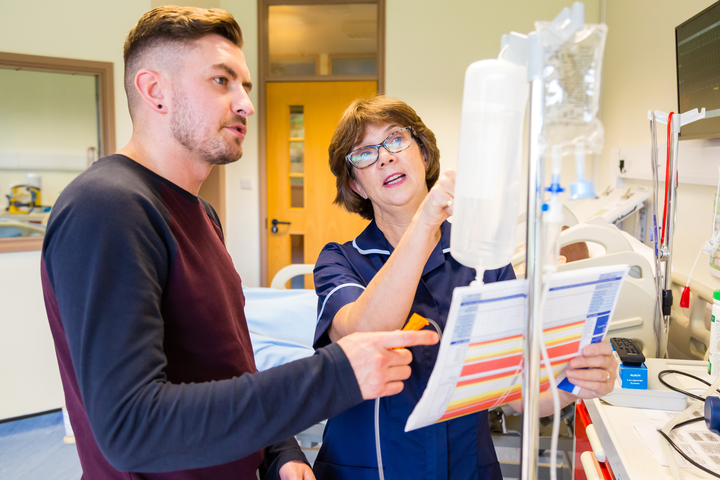
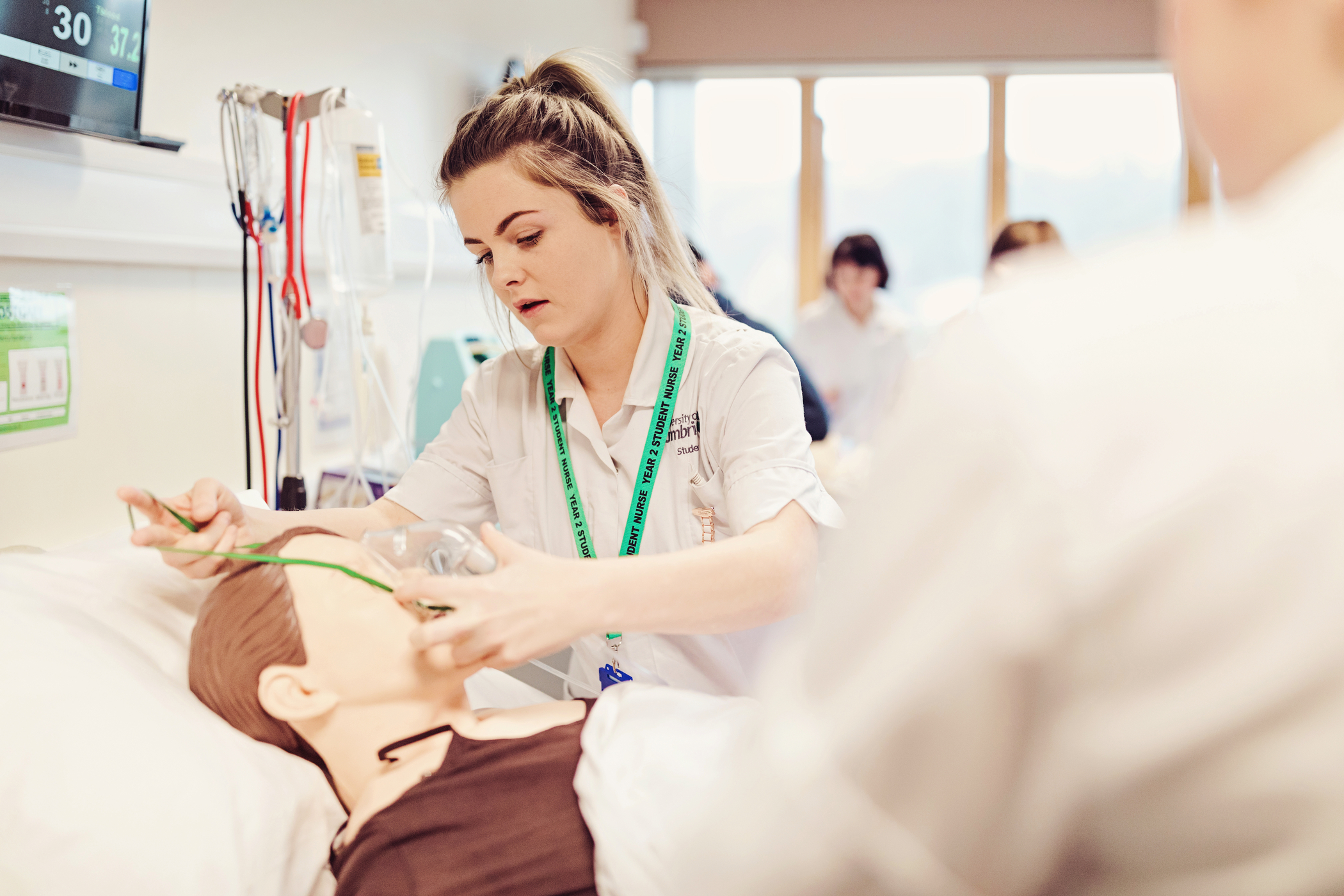
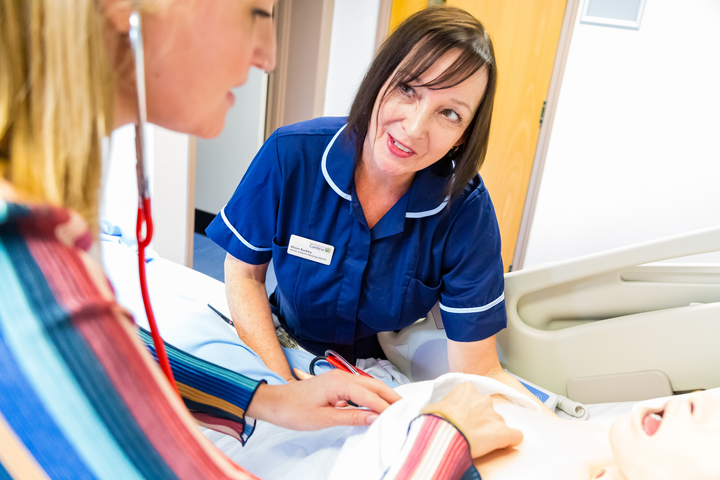
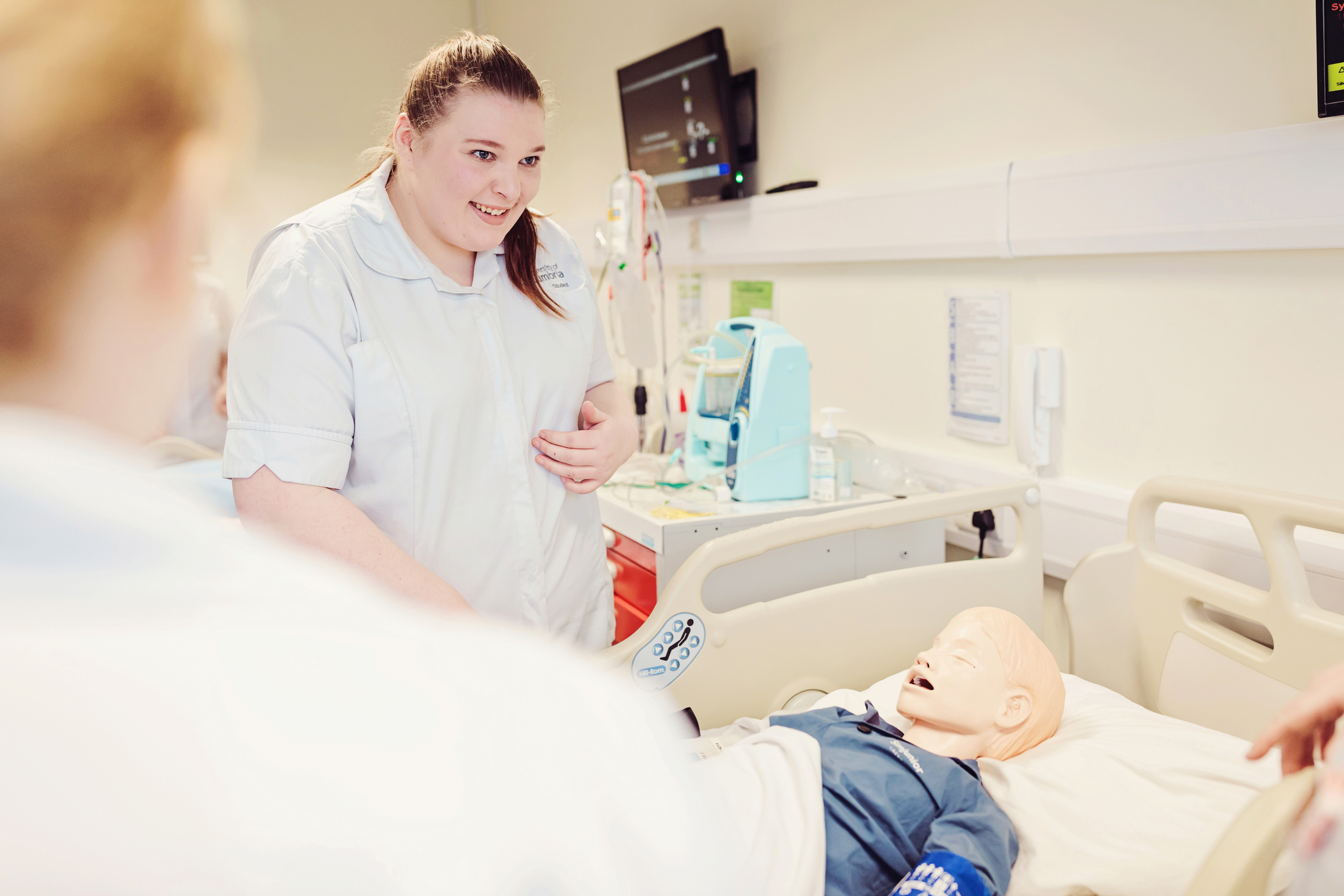
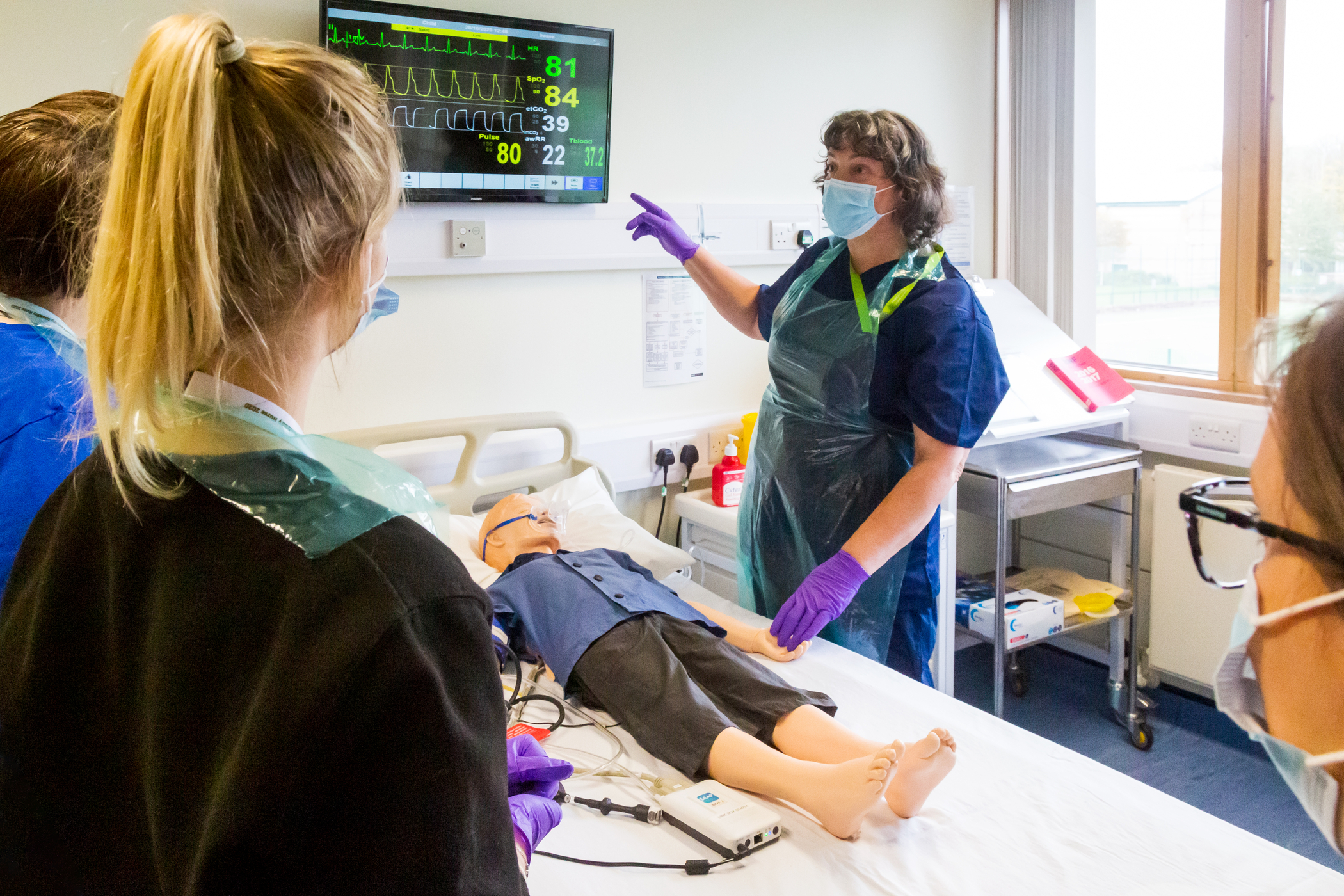
Location
Carlisle - Fusehill Street Campus
The Fusehill Street campus has been the setting of life-saving treatments since World War I. Now, it's home to world changers, life-savers, crime fighters, and entrepreneurs with access to high-quality facilities and innovative thinking.
Find out moreLocation
Lancaster Campus
Lancaster is the Red Rose heartland, a student haven full of history and culture. With iconic stone architecture, parkland, and a caring community, this is the place to get involved. The campus houses top-quality facilities tailored to the needs of life-savers, world changers, and future leaders.
Find out more
Find out more about studying with us
Attend an Open Day at Cumbria
An Open Day is your opportunity to explore one of 5 campuses, meet your lecturers, and find out how the University of Cumbria could become your new home.


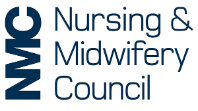
.webp)
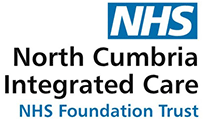
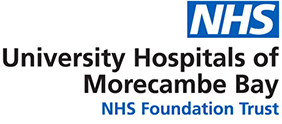
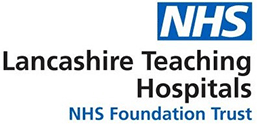
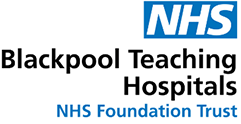


.webp)



-400x266.png)

